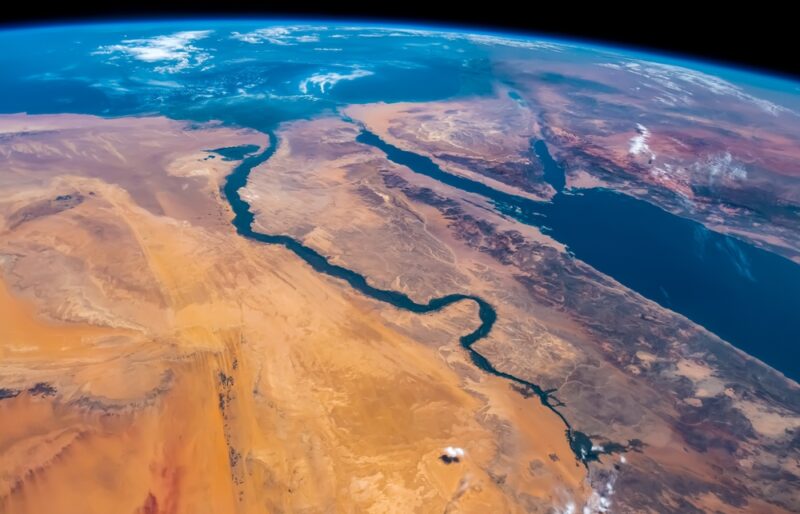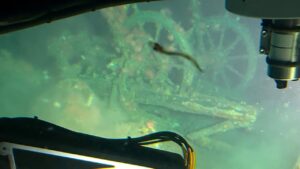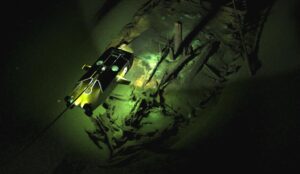The Red Sea didn’t just part, as the Biblical account goes. About 6.2 million years ago, it just vanished. Then, 100,000 years later, a colossal flood suddenly refilled it.
A team of researchers has pieced this story together thanks to microscopic fossils, geochemical dating, and seismic imaging. Their results suggest that the Red Sea went from being full to the brim with water to a dry salt basin, and then back again over a short span of 100,000 years.
The Red Sea’s origins date back about 30 million years. The Arabian Plate began to drift away from Africa, and the rift that opened between them slowly widened into a narrow gulf. As the rift opened up into the Mediterranean, the Red Sea formed. The connection flooded the region with seawater and sparked a burst of marine diversity that can still be seen in the fossil reefs lining Saudi Arabia’s coast.
But this era of marine biodiversity was short-lived. As shifting landmasses narrowed the sea, water circulation slowed down, and evaporation increased. The result is water so salty that almost nothing could survive in it.
The basin began to accumulate thick layers of halite and gypsum that grew into huge salt formations. Its final demise came about 6.2 million years ago, when the Red Sea lost its last connection to the Mediterranean. It dried up entirely, leaving behind a salt desert.
Rebirth
Then, 100,000 years later, came the dramatic rebirth. A massive surge of water from the Indian Ocean crashed through the volcanic ridge that separated the two. The water tore through the natural barrier, carving a 320km-long canyon beneath the waves and forcing open the Bab el-Mandab Strait. With the passage cleared, the Indian Ocean poured in, drowning the salt flats and refilling the basin.
Researchers are planning further surveys across the Bab el-Mandib Strait and over the Hanish region to more precisely map the canyon’s shape and exact age. They also want to take more sediment cores to see exactly how the chemistry of the sediments changed when the water from the Indian Ocean flooded in.






